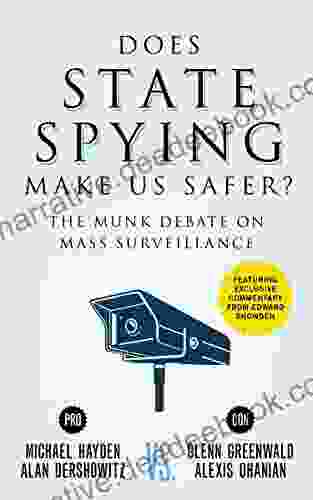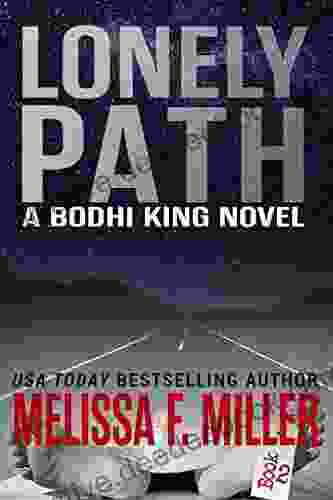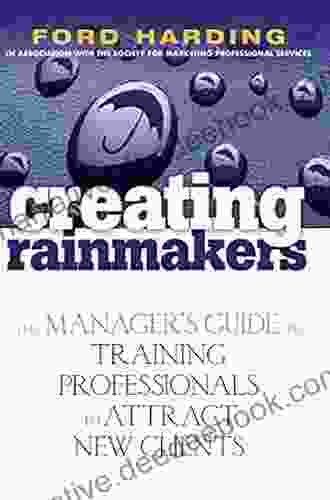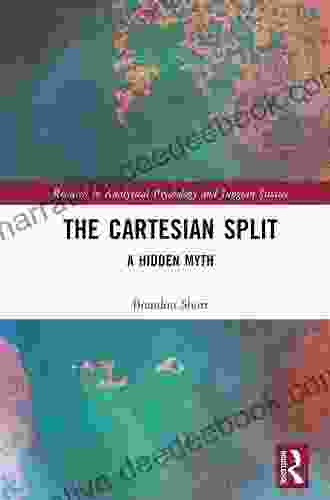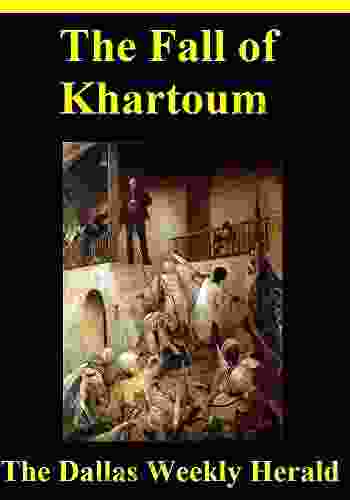The Munk Debate on Mass Surveillance: A Clash of Perspectives on Privacy, Security, and the Future of Society

The Munk Debate on Mass Surveillance, held on February 8, 2023, at the Munk School of Global Affairs at the University of Toronto, brought together renowned experts from diverse fields to engage in a thought-provoking and nuanced discussion on the complex issue of mass surveillance. The debate delved into the ethical, legal, and societal implications of mass surveillance, exploring the tension between the need for security and the protection of individual privacy.
The Case for Mass Surveillance
Professor Richard Zeckhauser (Harvard University), a strong advocate for mass surveillance, argued that it is an essential tool for preventing terrorism, organized crime, and other serious threats to society. He emphasized the effectiveness of mass surveillance programs in thwarting potential attacks and disrupting criminal networks. Zeckhauser maintained that the benefits of mass surveillance far outweigh the potential risks to privacy, as it provides law enforcement and intelligence agencies with the necessary information to protect the public.
4.7 out of 5
| Language | : | English |
| File size | : | 1842 KB |
| Text-to-Speech | : | Enabled |
| Screen Reader | : | Supported |
| Enhanced typesetting | : | Enabled |
| Word Wise | : | Enabled |
| Print length | : | 105 pages |
Professor Emily Goldman (Georgetown University), another proponent of mass surveillance, stressed the need for a balance between security and privacy. She argued that targeted surveillance, conducted with appropriate oversight and accountability, can be effective in preventing harm without unduly infringing on individual rights. Goldman called for a robust legal framework to ensure that mass surveillance programs are subject to strict judicial review and public accountability.
The Case Against Mass Surveillance
Edward Snowden, the former National Security Agency contractor who leaked classified information exposing the extent of mass surveillance programs, presented a powerful case against mass surveillance. He argued that it is a fundamental violation of privacy and an erosion of civil liberties. Snowden highlighted the chilling effect that mass surveillance has on freedom of expression and association, as people become hesitant to engage in activities that they fear may be monitored.
Professor Marla Pointer (New York University) emphasized the discriminatory nature of mass surveillance, arguing that it disproportionately targets marginalized communities, such as people of color and activists. She maintained that mass surveillance perpetuates existing power imbalances and undermines trust between citizens and the government. Pointer called for an end to mass surveillance and the adoption of more targeted and privacy-respecting approaches to crime prevention and national security.
Perspectives on Privacy and Security
The debate also explored the evolving concepts of privacy and security in the digital age. Professor Sharmeen Khan (University of Toronto) argued that privacy is not merely about protecting information, but also about preserving autonomy and the ability to control one's own life. She emphasized the need for strong privacy protections that ensure individuals have control over their personal data and can make informed choices about how it is used.
Professor Michael Hayden (former Director of the National Security Agency), while acknowledging the importance of privacy, maintained that it is not an absolute right and that it must sometimes be balanced against the need for security. Hayden argued that mass surveillance programs can be justified in certain circumstances, such as when there is a clear threat to national security and when appropriate safeguards are in place to protect privacy.
The Future of Mass Surveillance
The debate concluded with a discussion of the future of mass surveillance and the potential impact of emerging technologies. Professor Steven Pinker (Harvard University) expressed optimism about the future, arguing that technological advancements could lead to more privacy-preserving forms of surveillance. Pinker emphasized the importance of continued public debate and engagement on these issues to ensure that the benefits of mass surveillance do not come at the expense of individual liberty.
Professor Shoshana Zuboff (Harvard Business School), on the other hand, warned of the dangers of unchecked technological surveillance. She argued that mass surveillance has the potential to transform society into a dystopian surveillance state, where individuals are constantly monitored and controlled. Zuboff called for a fundamental reassessment of the role of technology in society and a rejection of the surveillance-based capitalism that threatens our privacy and autonomy.
The Munk Debate on Mass Surveillance provided a comprehensive and thought-provoking exploration of the complex and multifaceted issue of mass surveillance. The debate highlighted the tension between the need for security and the protection of individual privacy, and it raised important questions about the future of society in an era of pervasive technological surveillance. As technology continues to advance and the boundaries of privacy and security shift, it is imperative that we continue to engage in informed and critical dialogue on these issues to ensure that our societies strike the right balance between security and liberty.
4.7 out of 5
| Language | : | English |
| File size | : | 1842 KB |
| Text-to-Speech | : | Enabled |
| Screen Reader | : | Supported |
| Enhanced typesetting | : | Enabled |
| Word Wise | : | Enabled |
| Print length | : | 105 pages |
Do you want to contribute by writing guest posts on this blog?
Please contact us and send us a resume of previous articles that you have written.
 Book
Book Novel
Novel Page
Page Chapter
Chapter Text
Text Story
Story Reader
Reader Library
Library Paperback
Paperback Newspaper
Newspaper Paragraph
Paragraph Sentence
Sentence Shelf
Shelf Foreword
Foreword Preface
Preface Synopsis
Synopsis Annotation
Annotation Manuscript
Manuscript Bestseller
Bestseller Narrative
Narrative Reference
Reference Encyclopedia
Encyclopedia Dictionary
Dictionary Thesaurus
Thesaurus Narrator
Narrator Character
Character Card Catalog
Card Catalog Borrowing
Borrowing Archives
Archives Study
Study Scholarly
Scholarly Reserve
Reserve Reading Room
Reading Room Rare Books
Rare Books Special Collections
Special Collections Interlibrary
Interlibrary Study Group
Study Group Thesis
Thesis Dissertation
Dissertation Book Club
Book Club Anthea Peries
Anthea Peries Vishnu Sreenivas
Vishnu Sreenivas Maurice Peress
Maurice Peress Andrew Stafford
Andrew Stafford Juliet Van Der Heijden
Juliet Van Der Heijden Senate Select Committee On Intelligence
Senate Select Committee On Intelligence Edward G Goetz
Edward G Goetz Jeremy Slack
Jeremy Slack Fin Goulding
Fin Goulding Richard M Flanagan
Richard M Flanagan E Wayne Ross
E Wayne Ross William Ferrara
William Ferrara Dawn Dee Miller
Dawn Dee Miller Rose Elaine Lumley Brantley
Rose Elaine Lumley Brantley Filippo De Florio
Filippo De Florio Victor J Banis
Victor J Banis Alex Zamalin
Alex Zamalin Jean Leader
Jean Leader Yonas Gorfe
Yonas Gorfe Paul Getty
Paul Getty
Light bulbAdvertise smarter! Our strategic ad space ensures maximum exposure. Reserve your spot today!
 Travis FosterFollow ·19.9k
Travis FosterFollow ·19.9k Vic ParkerFollow ·12.9k
Vic ParkerFollow ·12.9k Craig CarterFollow ·16.2k
Craig CarterFollow ·16.2k Derrick HughesFollow ·3.3k
Derrick HughesFollow ·3.3k Will WardFollow ·16k
Will WardFollow ·16k Salman RushdieFollow ·2.5k
Salman RushdieFollow ·2.5k Howard BlairFollow ·18.5k
Howard BlairFollow ·18.5k Henry Wadsworth LongfellowFollow ·2.3k
Henry Wadsworth LongfellowFollow ·2.3k

 Dallas Turner
Dallas TurnerParasols and Peril: Adventures in Grace
In the quaint town...

 Caleb Carter
Caleb CarterFlight Attendant Joe: A Dedicated Professional in the...
Flight Attendant Joe...

 Jerry Ward
Jerry WardPick Lottery The List For 23 States August 15 2024
The Pick Lottery is a multi-state lottery...
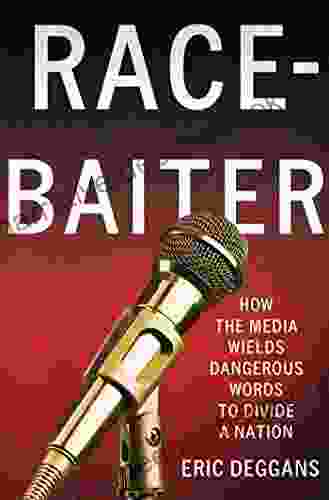
 Hudson Hayes
Hudson HayesHow the Media Wields Dangerous Words to Divide a Nation
In a world where the media is...

 Curtis Stewart
Curtis StewartThe Magic Mala: A Story That Changes Lives
In the realm of ancient traditions and...

 Raymond Parker
Raymond ParkerEarthly Meditations: A Poetic Tapestry of Nature,...
In the realm of contemporary...
4.7 out of 5
| Language | : | English |
| File size | : | 1842 KB |
| Text-to-Speech | : | Enabled |
| Screen Reader | : | Supported |
| Enhanced typesetting | : | Enabled |
| Word Wise | : | Enabled |
| Print length | : | 105 pages |


